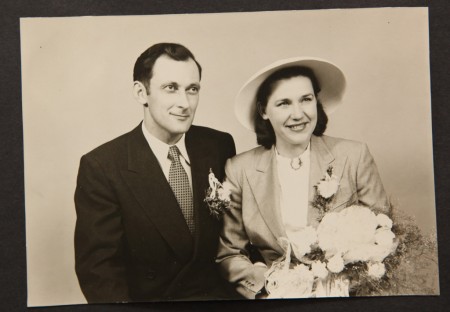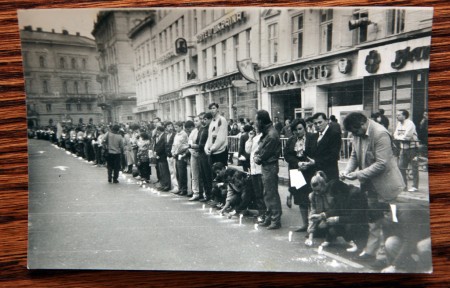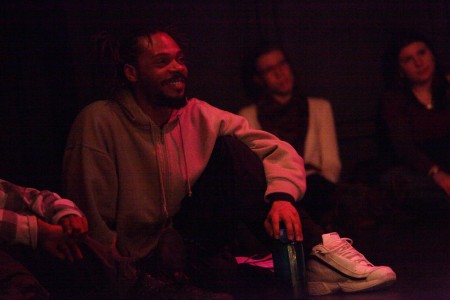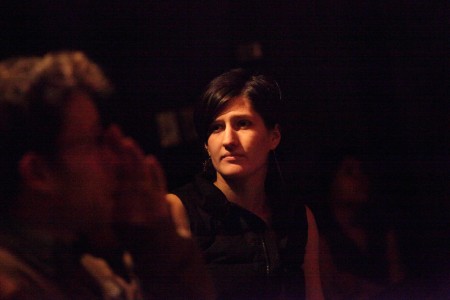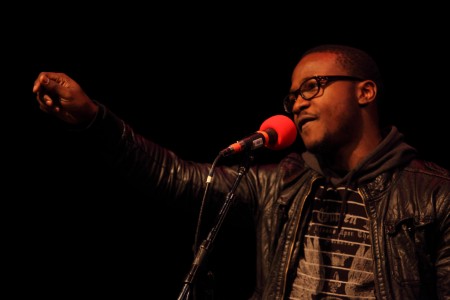John Le Carré’s Tinker, Tailor, Soldier, Spy is a classic spy novel, written for those who enjoy the suggestion of authenticity. Rather than indulging in the over-the-top pyrotechnics found in some spy thrillers, Le Carré’s characters are cautious and meticulous. In particular, the protagonist George Smiley is a kind of antithesis to the James Bond stereotype: fat, clad in fogged spectacles, burdened with an unfaithful wife, but nonetheless at the top of the game when it comes to counterintelligence operations in the United Kingdom.
The setting – Britain during the Cold War – permeates the book. I will admit that it is a bit amusing to read about the high drama of spies speeding along obscure motorways connecting small British cities, rather than jetting around between glamorous national capitals. At the same time, Le Carré does capture what I would expect to be the key geopolitical dynamics of the time: the superpower competition between Russia and America, with the United Kingdom in the middle in a diminished post-imperial role. Le Carré talks about how British agents were: “Trained to Empire, trained to rule the waves. All gone. All taken away.” It makes you wonder who will be elevated and who will be lowered, forty years from now.
Tinker, Tailor, Soldier, Spy includes some observations that border on the philosophical. Le Carré raises the question of oversight, and the difficulty of trusting spies (p. 74 paperback) ; he explains how the wily opponent seeks not perfection, but advantage from his actions (194) ; the ways in which the false identities a person maintains actually express the person they conceal (213); how intelligence services have an incentive to puff up the competence of their opponents, to get more support for themselves (316); how “survival” is “an infinite capacity for suspicion” (337); how the essence of betrayal is to “overtly pursue… one aim and secretly achieve its opposite” (354); how a state’s secret services provide a measure of its political health (365); and how treason becomes “a matter of habit” once initial motivations become fuzzy and continuing on the same course seems the simplest option (377). The comment about enemy capabilities is especially relevant today, as gigantic state security bureaucracies justify themselves on the basis of the threat from a few dangerous malcontents hanging around in caves and radical discussion forums online.
Le Carré’s writing is full of examples of clever observation, which both appeals to the reader’s curiosity and makes the characters themselves seem more interesting and authentic. The book is also peppered with authentic-seeming espionage tradecraft, in areas like following people, transmitting information securely, sending coded signals, and handling in-person meetings. Probably technology has changed some of that since 1974, but perhaps not all that much. The paranoid world of Tinker, Tailor, Soldier, Spy, in which it is unclear which of the authorities can be trusted, has many parallels with the world today.

